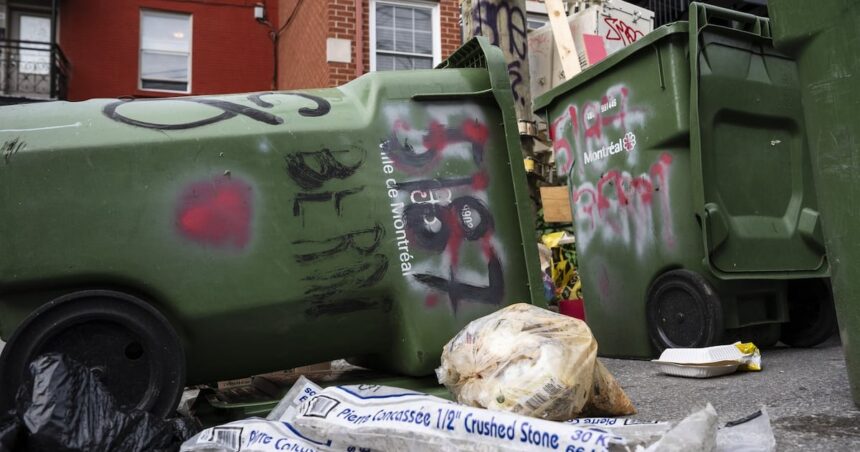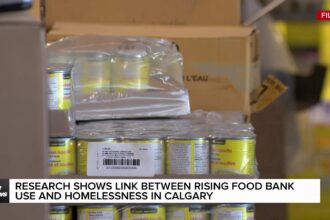In a city known for its progressive environmental policies, Montreal’s ambitious plan to shift to biweekly garbage collection has hit significant roadblocks, leaving residents increasingly frustrated as summer temperatures rise and trash accumulates. The initiative, originally scheduled for full implementation by early summer, now faces delays that could stretch well into autumn.
“We’re paying the same taxes but getting half the service,” says Marie Lemieux, a Notre-Dame-de-Grâce resident who has resorted to storing excess garbage in her garage. “The smell is unbearable during heat waves, and we’re seeing more rodents in the neighborhood.”
The biweekly collection plan, part of Montreal’s broader waste reduction strategy, aims to divert organic waste from landfills while encouraging more conscientious consumption habits. City officials project the measure could reduce landfill contributions by up to 20% annually when fully implemented.
However, the transition has been anything but smooth. According to data obtained through freedom of information requests, 73% of the boroughs originally scheduled for the June transition have requested extensions, citing insufficient public education and logistical challenges.
“Implementation of this magnitude requires careful coordination between municipal departments, waste management contractors, and community outreach programs,” explains Dr. Robert Sinclair, environmental policy expert at McGill University. “The city appears to have underestimated the complexity of changing deeply ingrained waste disposal habits.”
The delays come at a particularly problematic time as summer heat accelerates decomposition and odor issues. Complaints to the city’s 311 service regarding trash collection have increased by 287% compared to the same period last year, according to internal reports.
Montreal’s environmental committee chair Marianne Giguère defended the timeline adjustments in a statement to CO24: “We’re committed to getting this right rather than getting it done quickly. The environmental benefits of this transition are too important to risk failure through hasty implementation.”
Some neighborhoods, however, have successfully adapted to the new schedule. Rosemont-La Petite-Patrie, which piloted the program last year, reports a 22% increase in organic waste collection and declining complaint volumes.
“The key is comprehensive education before implementation,” notes borough mayor François Limoges. “We invested heavily in door-to-door outreach and distributed additional compost bins months before reducing garbage collection frequency.”
For boroughs still awaiting the transition, the city has announced an updated rollout schedule with enhanced public education campaigns and expanded compost bin distribution. The revised implementation plan includes targeted support for multi-unit dwellings, which have faced unique challenges under the pilot program.
Critics point to similar initiatives in Toronto and Vancouver that included longer transition periods and more robust public engagement before reducing collection frequency. Opposition councillors have called for the entire program to be paused until proper infrastructure and education systems are in place.
“This is emblematic of a broader problem with environmental policies that sound good on paper but lack practical implementation strategies,” argues city councillor Marvin Rotrand. “Residents support the environmental goals but deserve competent execution.”
As Montreal continues navigating this challenging transition, the question remains: can the city balance its ambitious environmental objectives with the practical realities of waste management in a dense urban environment, or will this initiative join the growing list of well-intentioned green policies that failed to achieve their potential?
























